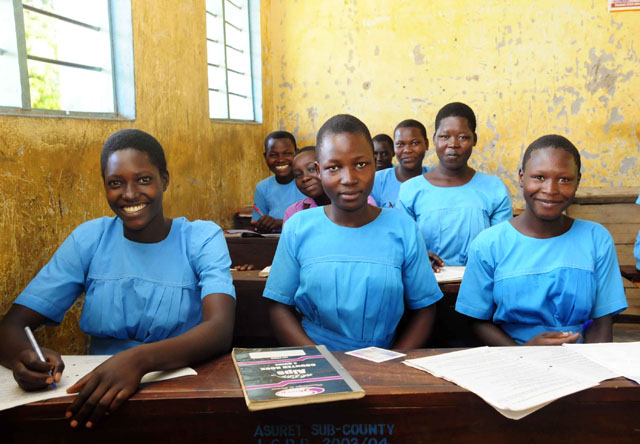In a year of so many great losses, there is one you may not know about. Last week we lost a scientist who made a huge impact on the world. Although Vera Rubin, was not well known outside of the scientific community. In the scientific world, she was a star.
It may seem strange for a clean water nonprofit to memorialize the death of an astrophysicist, but it will soon become clear why we are. Rubin, whose work confirmed dark matter—the still mysterious substance that comprises about 90% of our universe—was a pioneer for women around the world.
She and her father built a telescope from scratch when she was a child, and her fascination with the sky never waned. Her passion informed her studies, eventually culminating in a Ph.D. at Georgetown. But she faced patriarchal obstacles all along the way. While attempting to become the first woman to observe at Caltech’s legendary Palomar Observatory in the 1960s, she was informed that there was no room for women—not even a bathroom. Undeterred, she cut a skirt out of a piece of paper and stuck it to the stick figure on the men’s room door and said ‘Look, now you have a ladies room’.
It was that part of her story that inspired us so much. In the communities where we work, girls are often forced to drop out of school for two main reasons: 1) they are tasked with the time-consuming process of collecting water for their families and/or 2) they must miss significant school time each month during their menstrual cycles because schools lack proper sanitation systems. In sub-Saharan Africa, too many girls have missed out on their full potential because they lack life’s most basic need—water.
In her book Bright Galaxies, Dark Matters, Rubin wrote:
“I live and work with three basic assumptions.
1) There is no problem in science that can be solved by a man that cannot be solved by a woman.
2) Worldwide, half of all brains are in women.
3) We all need permission to do science, but, for reasons that are deeply ingrained in history, this permission is more often given to men than to women.”
During her career, Rubin received the National Medal of Science, our nation’s highest scientific prize, and she became the first woman since 1928 to earn the Royal Astronomical Society’s Gold Medal. She also mentored scores of young female scientists and pushed for academic institutions to hire more women to their staffs.

At Drop in the Bucket, we believe that access to education, like water, is a fundamental human right. And while it is now uncommon to find schools here without toilets for girls, it is still all too commonplace in East Africa. That fact is driving us to install more sanitation systems and drill more wells than ever in 2017. What if all that stands between the world and the next Vera Rubin is access to a bathroom?
